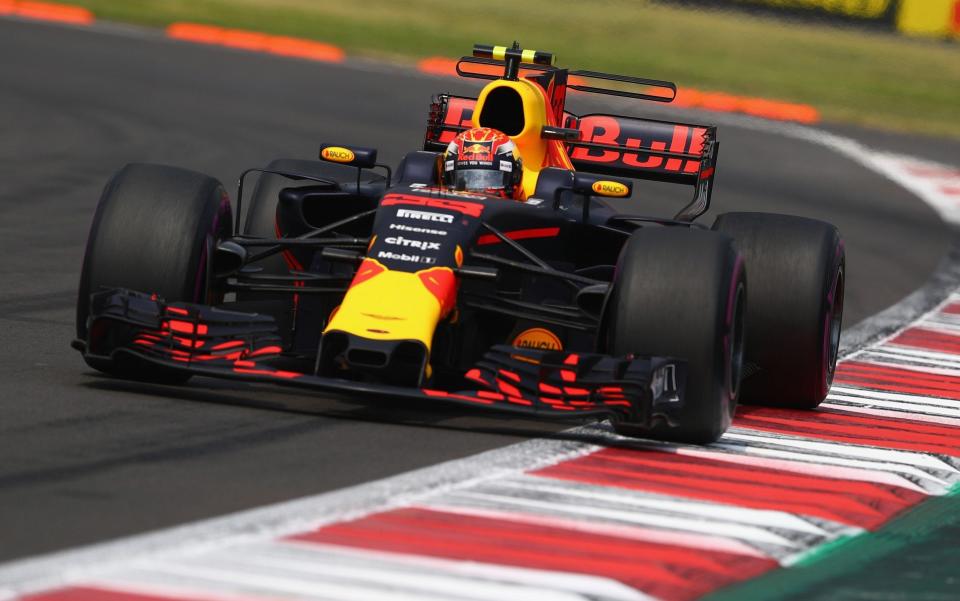£1.4bn smaller companies fund manager: 'I sold out of UK focused stocks after Brexit'

Larger companies are typically the best-researched, making it harder for fund managers to find unique ideas and beat the market.
With smaller companies, the comparative lack of information and the larger number of firms to choose from can be an advantage for a top stock-picker.
Harry Nimmo has managed the £1.4bn Standard Life UK Smaller Companies fund since 1997 and has established one of the best track records in the sector.
Since launch his fund has delivered a 1,416pc return, compared with 639pc for the average rival. He is ahead of the average over one, three and five years too.
Mr Nimmo spoke to Telegraph Money about making his fund more international since Brexit, why valuation isn’t key, and how his worst-ever investment ended with company bosses in jail.
How do you pick stocks?
We start with a screen that narrows the 600 or 700 stocks available down to fewer than 150. The screen includes factors such as earnings growth, bankruptcy risk and whether company bosses are buying shares.
To decide which of those to buy, we meet companies, and ask for any unusual numbers to be explained.
We particularly like recurring revenues from businesses with long-term contracts rather than firms that always need to find a new project.
That puts us off construction firms with a few large developments, for instance. We’re also put off very cyclical businesses, firms dependent on commodity prices, and those based on relationships between managers and clients, such as recruitment.
We like pricing power too, rather than a business being at the mercy of customers wanting a lower price.
I think it pays to be lower risk and concentrate on companies that can grow regardless of the economic cycle. That’s particularly important if you’re worried about the next few years.
Are your companies UK focused?
There has been a big swing since the Brexit vote. It’s not a global view that we have taken, but our screening process is now pointing us towards more international companies.
Since the referendum the share of the fund invested in companies that get the majority of their earnings from overseas has doubled.
About 55pc of the revenues and profits now come from outside Britain.

What has changed in smaller companies investing over the past 20 years?
It has become better – the Nineties was a bad time. Manufacturing and industrial businesses were moving offshore, including textiles, engineering and chemical firms, which were big, smaller company sectors.
Since 2000 it has been a different story, largely thanks to the internet. Consumer tastes worldwide have been converging, and it has become easier to develop a business in one part of the world and take it global.
Look at clothing company Ted Baker. It was an entirely UK business worth £50m and now it’s a £1.2bn firm with nearly 50pc overseas earnings.
What do you think the market is getting wrong?
We are wary of “blue sky” development companies that are more ideas than businesses. These can be found in technology, biotech, oil exploration and more. A number trade at significant valuations.
We prefer actual revenues, profits and dividends.
What have been your best and worst investments?
The best was online retailer Asos, which we held from 2006 to 2014. The price to earnings ratio was between 50 and 70 the entire time, but the shares went up by 20 to 30 times over that period.
The worst was banking software company AIT, which was a top 10 holding. It had been issuing positive updates, but in 2002 it turned out that they had been falsified and the stock fell by 90pc in a day. Some of the executives subsequently went to jail.
We keep each holding below 5pc of the fund to avoid being hostage to individual stocks.

How are you paid?
I get a basic salary and receive performance-linked pay.
How much of your own wealth is in the fund?
Around 70pc of my personal assets are invested in the five funds my team run, including this one.
What would you have done if you hadn’t been a fund manager?
I would probably have fallen back on my previous career as a land surveyor.
Follow us for more investing ideas: @TelegraphInvest
For investment tips and ideas five days a week, read Questor

 Yahoo Finance
Yahoo Finance 